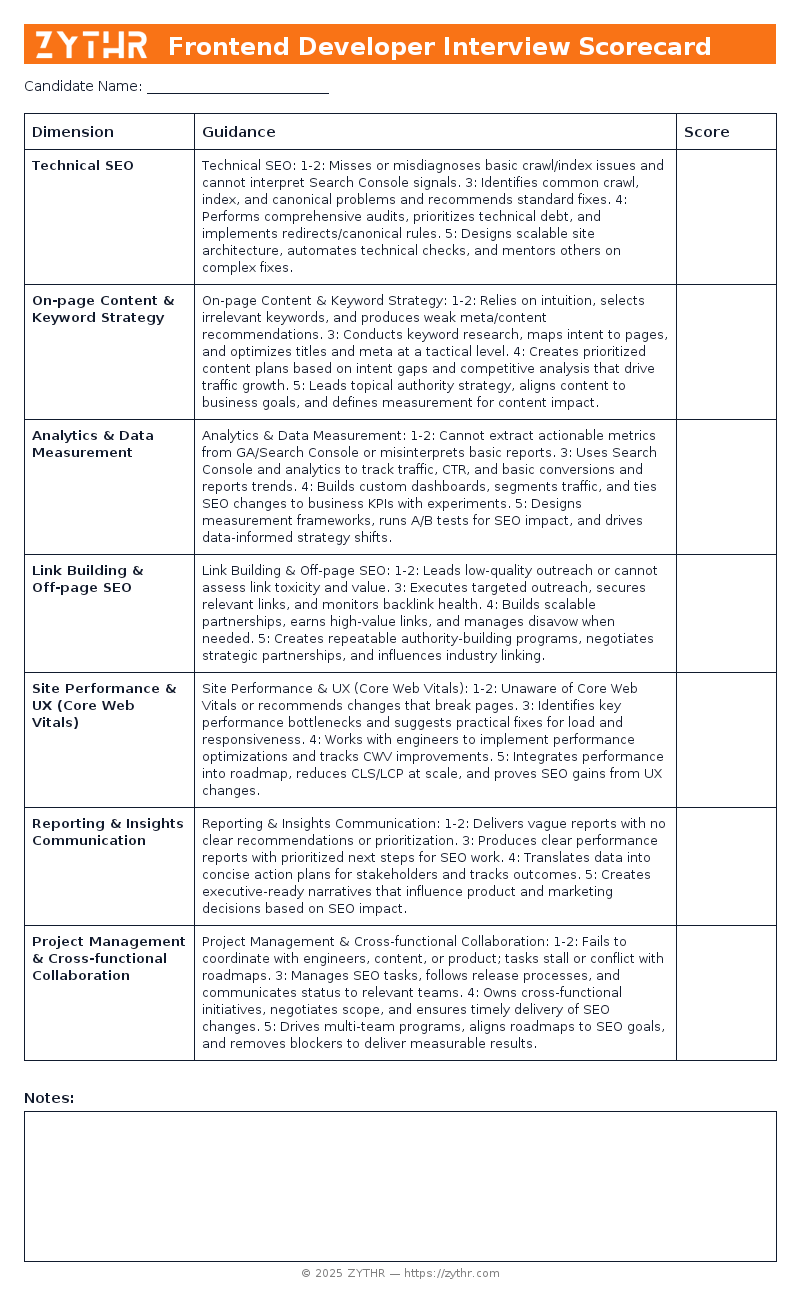
Lever Resume Ranker Integration: Smarter AI Resume Screening Software
See how Lever Resume Ranker Integration powered by Zythr’s AI Resume Screening Software helps recruiters identify top candidates automatically with built-in Resume Checker and Resume Scanner precision.
Explore


